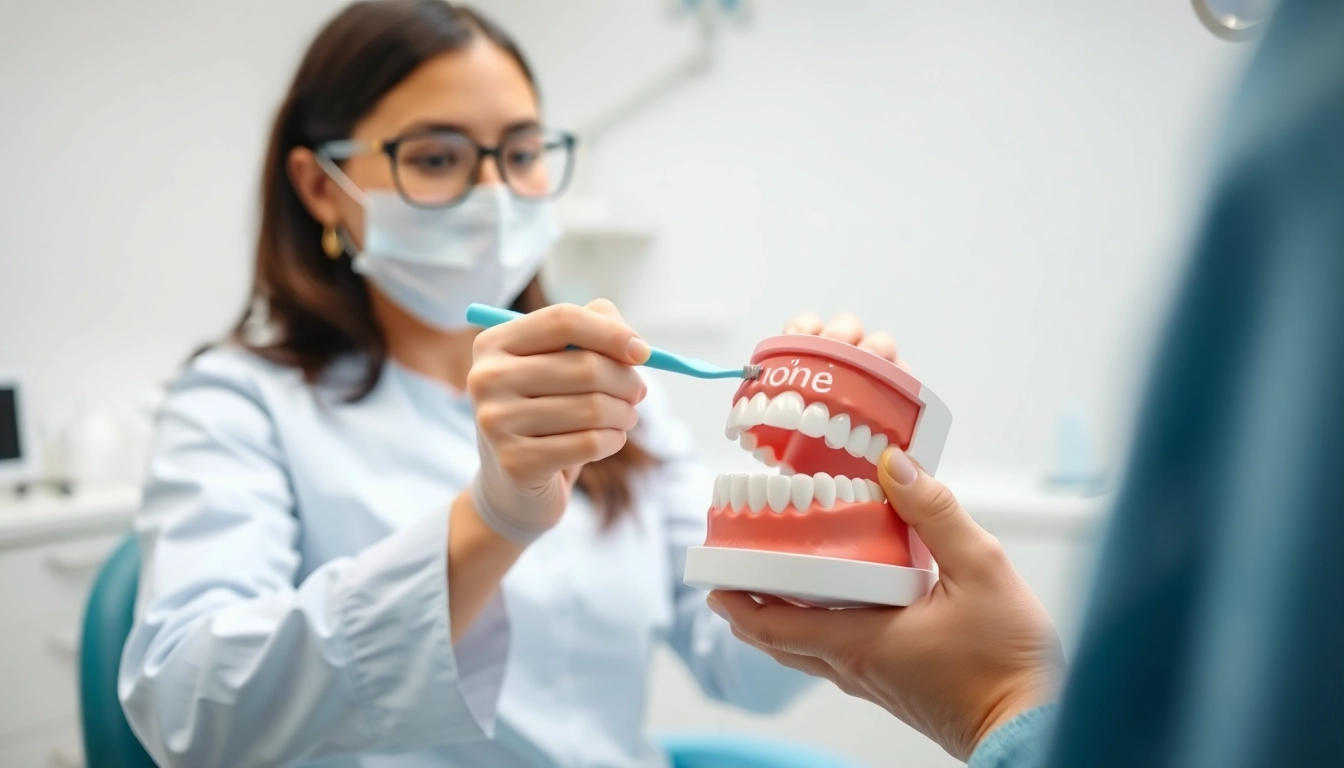Understanding Hygiene: The Foundation of Health
Hygiene is a fundamental aspect of health that encompasses a variety of practices and conditions aimed at maintaining cleanliness and preventing disease. It is not merely about individual habits but also extends to broader community practices that influence public health standards. The role of hygiene in our daily lives cannot be overstated, as it forms the bedrock of health, wellness, and overall quality of life.
Defining Hygiene in Daily Life
At its core, hygiene refers to the conditions or practices that help maintain health and prevent the spread of disease through cleanliness. Hygiene practices are varied; they include personal habits such as washing hands, showering, brushing teeth, and laundering clothes. These actions not only minimize the risk of infections but also contribute to mental well-being and social acceptance.
Relationship Between Hygiene and Health
The relationship between hygiene and health is well-documented. Good hygiene practices can significantly reduce the risk of contagious diseases, infections, and chronic conditions. For instance, regular handwashing can decrease the likelihood of respiratory infections, while proper dental hygiene reduces the risk of periodontal disease and cavities. Furthermore, maintaining a clean living environment contributes to mental health by decreasing discomfort and promoting a sense of control over one’s surroundings.
Common Misconceptions About Hygiene
Despite the clear benefits of hygiene, misconceptions abound. Many people believe that hygiene is solely about personal cleanliness, when in fact it encompasses a much broader spectrum including environmental cleanliness and food safety. Others think that expensive products are necessary for good hygiene, while simple and cost-effective practices often suffice. Acknowledging these misconceptions is crucial in fostering a culture of health and responsibility concerning hygiene.
The Importance of Personal Hygiene
Personal hygiene is a critical area that helps shape health outcomes. Practicing good personal hygiene is essential to prevent the onset of disease and improve one’s quality of life.
Essential Personal Hygiene Practices
Essential practices include daily actions such as:
- Handwashing: The CDC emphasizes that washing hands with soap and water for at least 20 seconds can significantly reduce the transmission of pathogens.
- Bathing: Regular bathing helps remove dirt, sweat, and bacteria, thereby preventing body odor and skin infections.
- Dental Care: Brushing twice a day and flossing daily are integral for preventing dental diseases such as cavity and periodontal disease.
- Clothing: Wearing clean clothes is not just about aesthetics; it can help prevent skin irritations and infections.
Impact on Mental and Physical Well-being
The repercussions of personal hygiene practices extend beyond physical health. Individuals who maintain good hygiene often experience enhanced self-esteem and emotional well-being. The psychological benefits include reduced anxiety and improved social interactions, as good hygiene increases confidence in social situations. Conversely, poor hygiene can lead to social stigma, which can exacerbate mental health issues.
Daily Routines to Enhance Personal Hygiene
Incorporating personal hygiene into your daily routine can be straightforward with the right strategies:
- Set reminders: Use alarms or apps to remind yourself to engage in hygiene practices like handwashing and dental care.
- Establish a schedule: Designate specific times in your daily routine for hygiene activities, such as showering and cleaning your living environment.
- Educate: Learn about the impact of hygiene on health and well-being, applying this knowledge to enhance your practices.
Dental Hygiene: Best Practices for a Healthy Smile
Dental hygiene is a crucial branch of personal hygiene, focusing on preserving oral health and preventing dental diseases.
Understanding Dental Hygiene Techniques
Effective dental hygiene involves a combination of techniques:
- Brushing: Use a fluoride toothpaste and a soft-bristled toothbrush to brush your teeth twice a day, for at least two minutes each time.
- Flossing: Daily flossing aids in removing plaque and food particles from areas that toothbrushes cannot reach.
- Mouthwash: Incorporating an antimicrobial mouthwash can help further reduce plaque, gingivitis, and bad breath.
Role of Regular Dental Check-ups
Regular dental visits, ideally every six months, enable early detection and prevention of oral health issues. Dentists can provide professional cleaning to remove tartar buildup and assess for potential problems such as cavities or gum disease. Additionally, they offer personalized advice on improving your dental hygiene practices.
Top Mistakes to Avoid in Dental Hygiene
Several common mistakes can undermine dental hygiene efforts:
- Skipping brushing or flossing: Neglecting these basic practices can lead to plaque buildup and tooth decay.
- Using a hard toothbrush: A hard-bristled toothbrush can damage gums and enamel, causing more harm than good.
- Ignoring mouthwash: Some individuals skip mouthwash, but it plays an essential role in reducing bacteria and freshening breath.
Food Hygiene: Keeping Your Meals Safe
Food hygiene is a vital aspect of public health that focuses on safe handling, preparation, and storage of food.
Principles of Food Hygiene
The principles of food hygiene include several key aspects:
- Cleanliness: Always wash hands before preparing or consuming food, and ensure that all surfaces and utensils are clean.
- Separation: Prevent cross-contamination by keeping raw foods separate from cooked foods.
- Cooking: Cook food to appropriate temperatures to kill harmful bacteria.
- Storage: Ensure food is stored at the correct temperatures and consumed within a safe timeframe.
Preventing Foodborne Illness through Hygiene
Good food hygiene practices can significantly reduce the risk of foodborne illnesses. According to the CDC, every year, approximately 48 million people in the U.S. alone get sick from consuming contaminated food. A thorough understanding of food hygiene can mitigate this risk and promote community health.
Safe Food Handling Practices
Implementing safe food handling practices is crucial for maintaining food hygiene:
- Thorough cooking: Use a food thermometer to ensure meats and eggs reach safe internal temperatures.
- Regular inspections: In food establishments, conducting inspections for adherence to hygiene standards can help maintain safety.
- Use of gloves: In a professional setting, wearing gloves when handling food can prevent contamination, along with proper handwashing.
Community Hygiene: Promoting Public Health
Community hygiene encompasses the collective practices and policies that ensure a clean environment for population health.
Strategies for Enhancing Community Hygiene
Communities can adopt several strategies to promote hygiene:
- Public education campaigns: Awareness programs that educate the public on hygiene benefits inspire personal and communal cleanliness.
- Accessible sanitation facilities: Ensuring that clean toilets and handwashing stations are available in public areas can promote hygiene standards.
- Community clean-up initiatives: Regularly scheduled clean-ups foster a sense of community involvement and ownership of public spaces.
Educational Initiatives and Their Impact
Educational initiatives focused on hygiene can lead to significant improvements in community health. For instance, schools can implement hygiene education programs that teach children the importance of cleanliness from a young age, setting the foundation for lifelong habits.
Government and Community Responsibilities in Hygiene
The responsibilities for maintaining community hygiene lie with both government entities and citizens. Government bodies must enforce health regulations and provide necessary infrastructure, while community members should be proactive in applying hygiene practices and encouraging one another. Collaborative efforts yield the greatest impact on public health.



